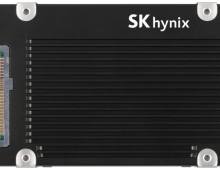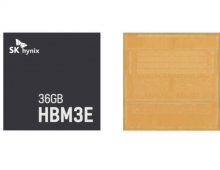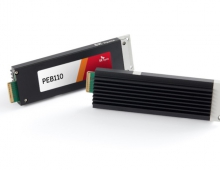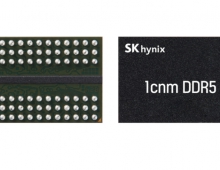
Japanese Chipmaker Elpida Admits Conspiracy
Japanese computer chip maker Elpida Memory on Monday was ordered to pay an $84 million fine by the US Justice Department and plead guilty to taking part in an international conspiracy that led to higher prices for personal computers.
Elpida is the fourth manufacturer of dynamic random access memory, known as DRAM, to admit its role in fixing the price of chips used in personal computers and other electronic devices. The four-year federal investigation has so far netted $730 million in fines.
The world's largest chip maker, South Korea-based Samsung, pleaded guilty in November and agreed to a $300 million fine. Infineon Technologies of Germany and Korean manufacturer Hynix Semiconductor also have pleaded guilty and paid fines.
The Justice Department investigation began in 2002, a year after memory chip prices began to climb even though the rest of the tech industry was suffering its worst downturn in history.
The victims included some of the world's largest computer companies -- Dell Inc., Compaq Computer Corp., Hewlett-Packard Co., Apple Computer Inc., International Business Machines Corp. and Gateway Inc. -- and consumers, who were forced to pay higher prices for computers and other electronics, prosecutors said.
Apple and Dell raised PC prices to compensate while others reduced the amount of memory installed on their systems.
The world's largest chip maker, South Korea-based Samsung, pleaded guilty in November and agreed to a $300 million fine. Infineon Technologies of Germany and Korean manufacturer Hynix Semiconductor also have pleaded guilty and paid fines.
The Justice Department investigation began in 2002, a year after memory chip prices began to climb even though the rest of the tech industry was suffering its worst downturn in history.
The victims included some of the world's largest computer companies -- Dell Inc., Compaq Computer Corp., Hewlett-Packard Co., Apple Computer Inc., International Business Machines Corp. and Gateway Inc. -- and consumers, who were forced to pay higher prices for computers and other electronics, prosecutors said.
Apple and Dell raised PC prices to compensate while others reduced the amount of memory installed on their systems.





















